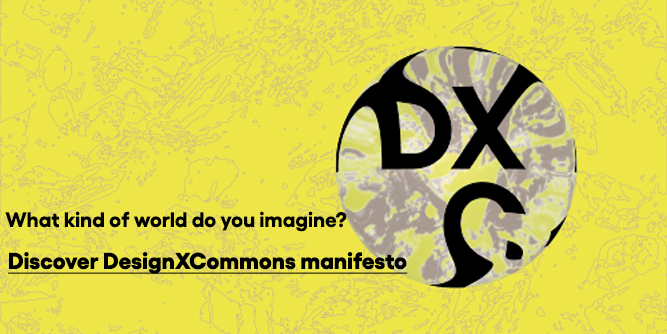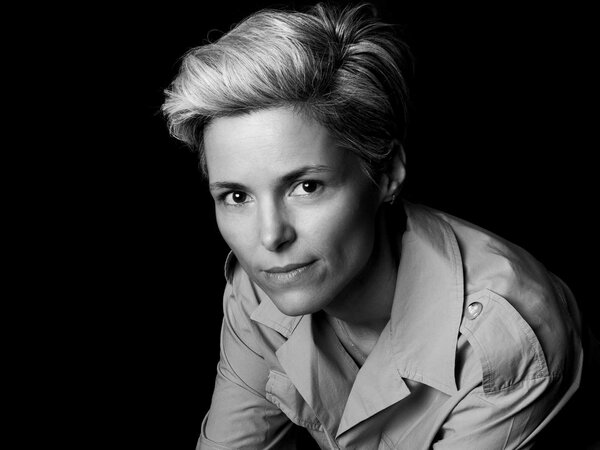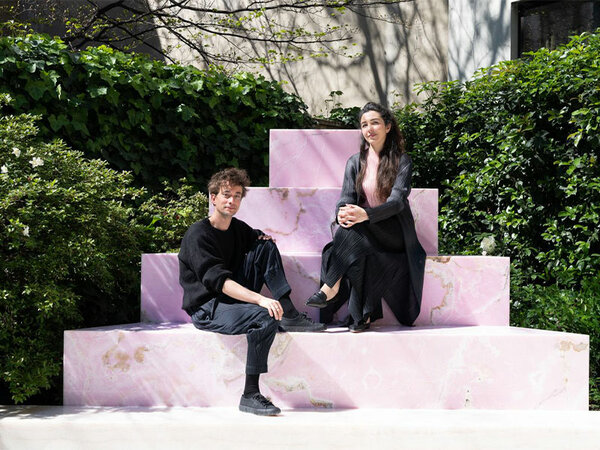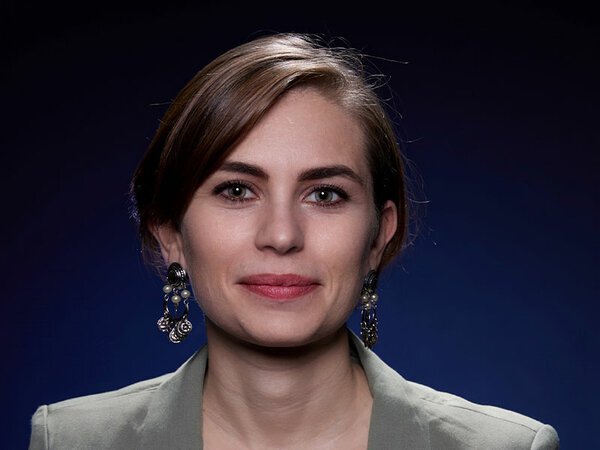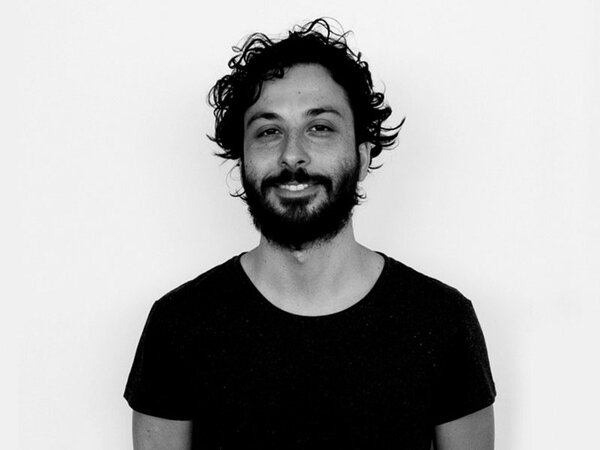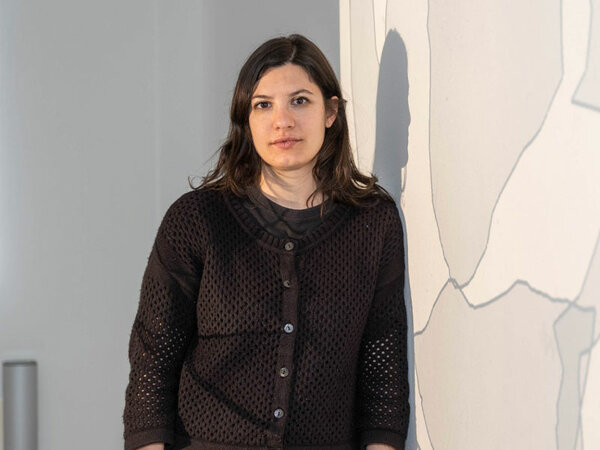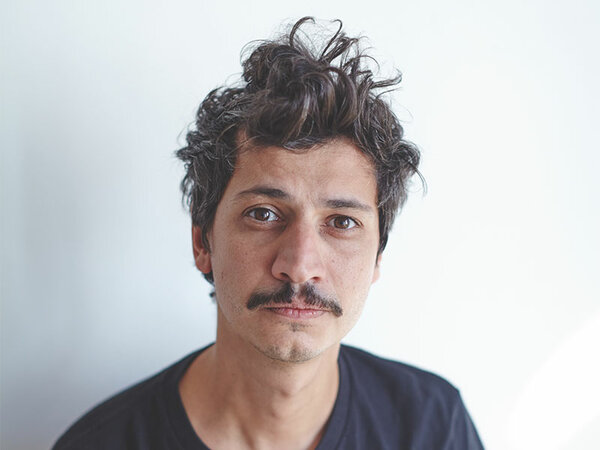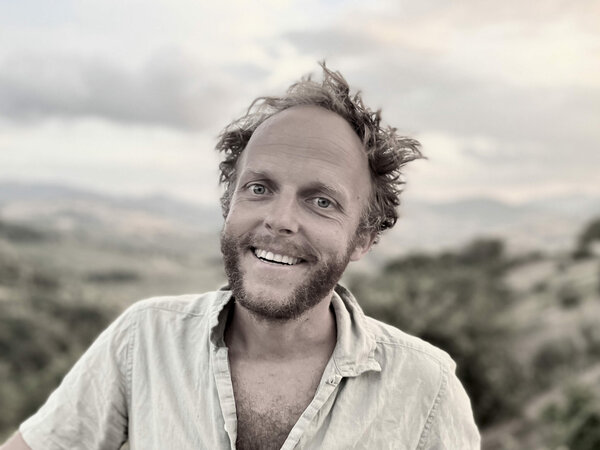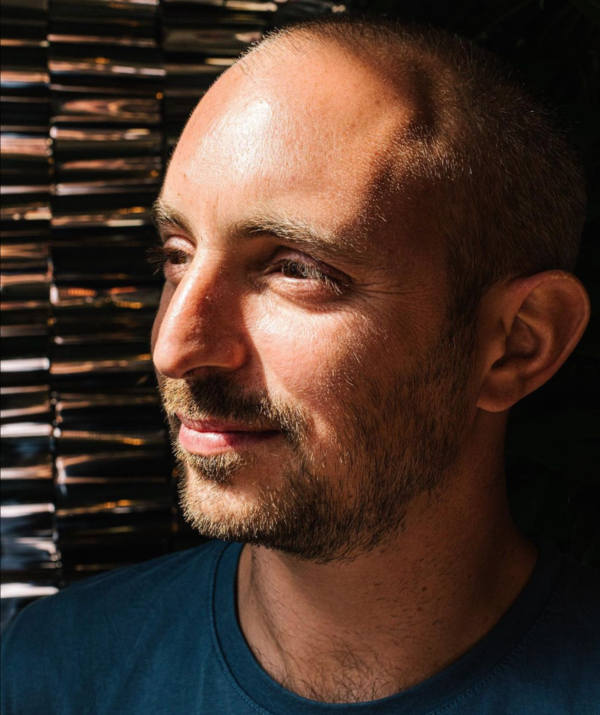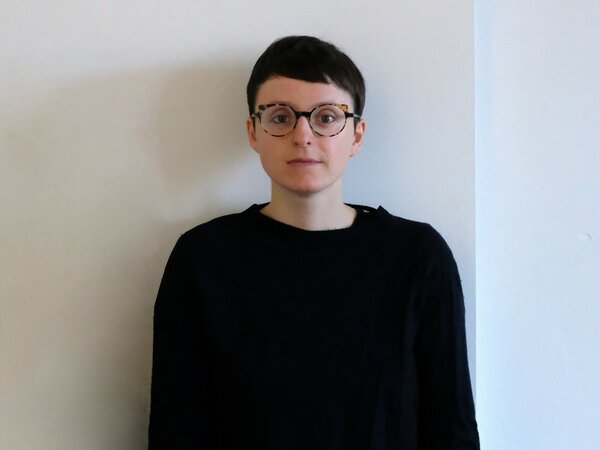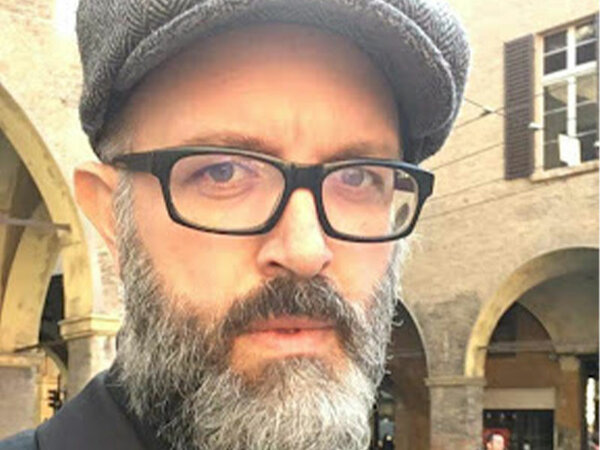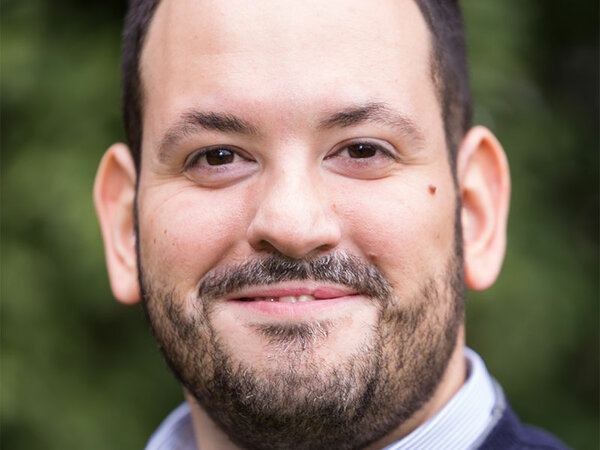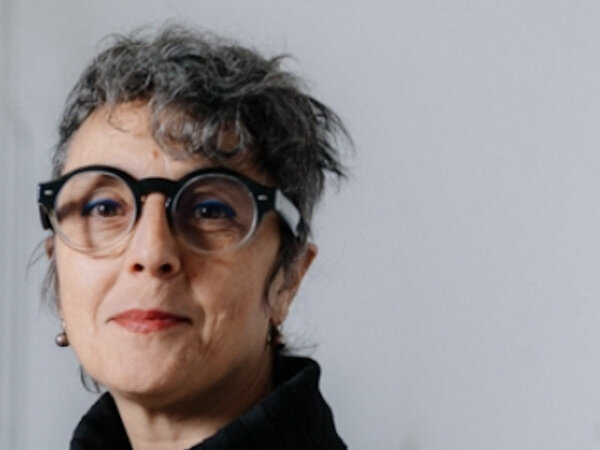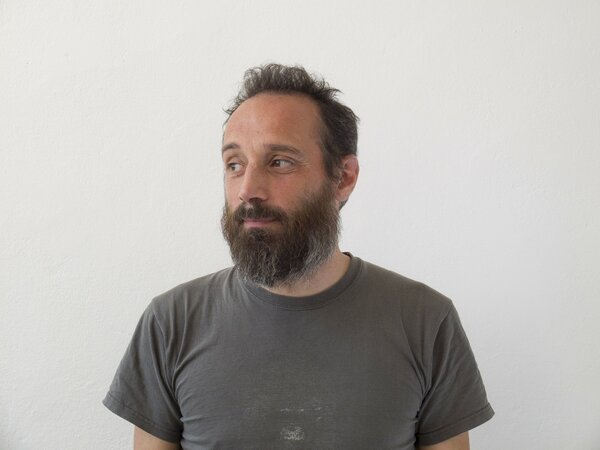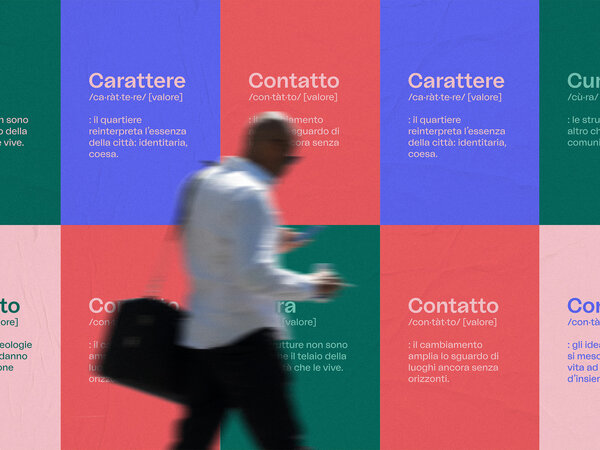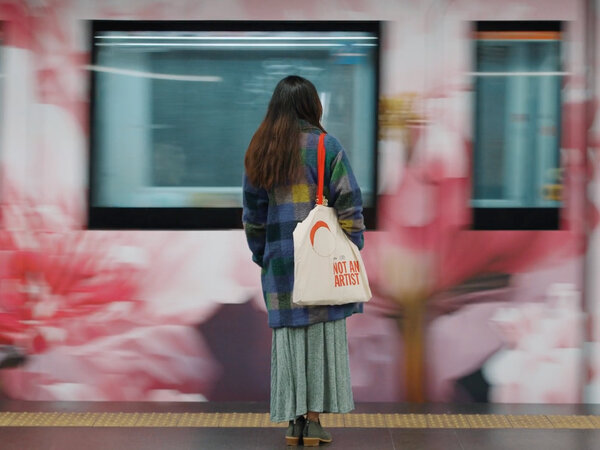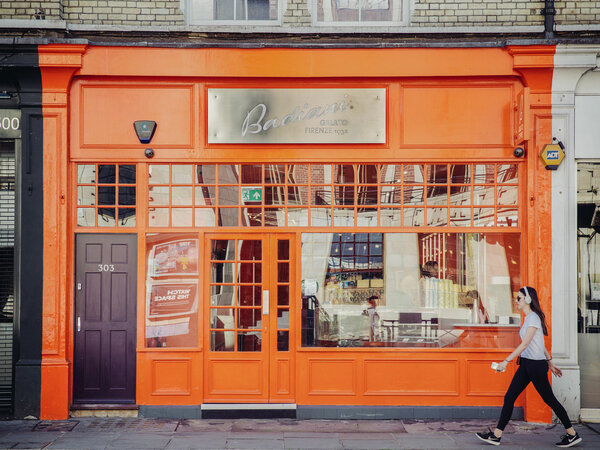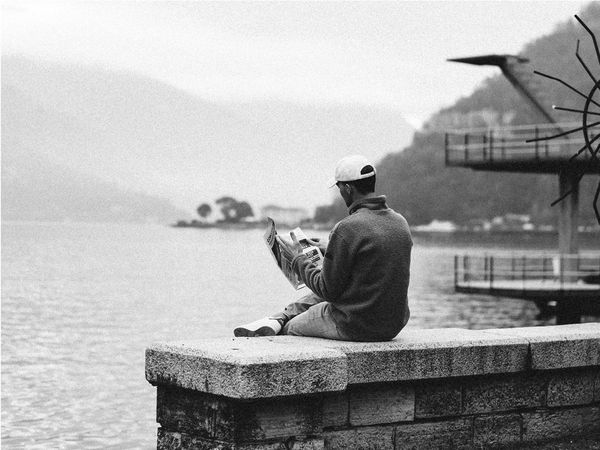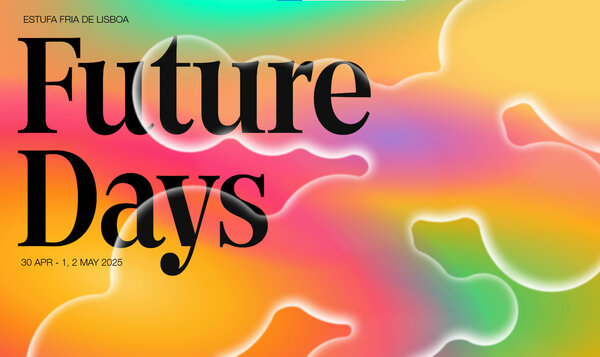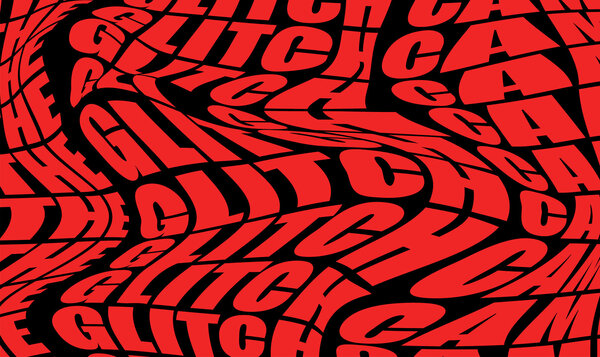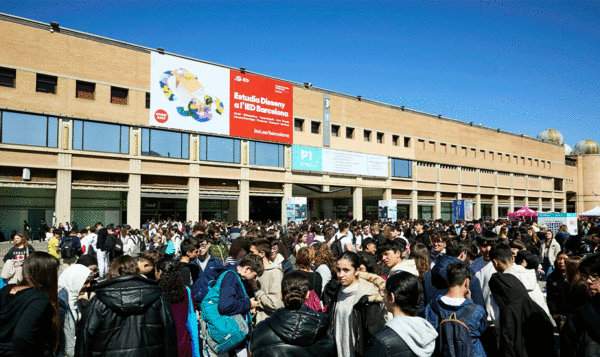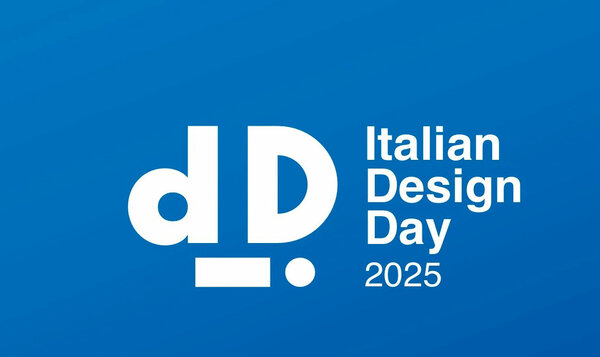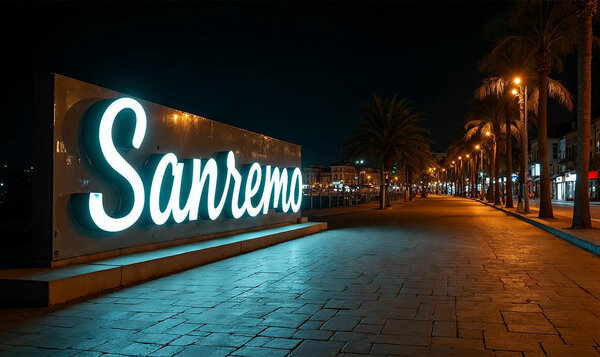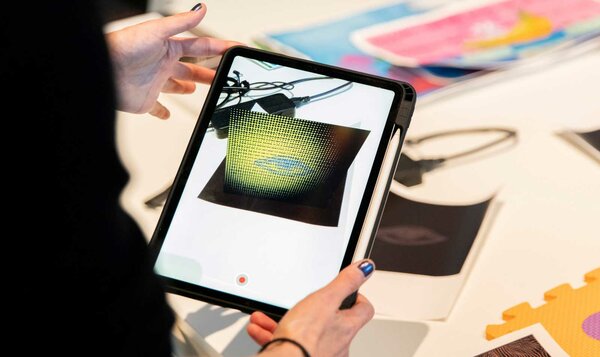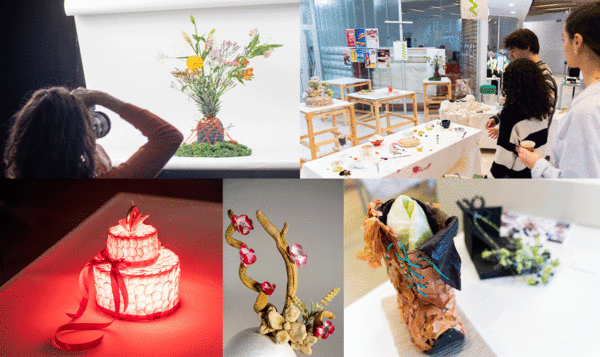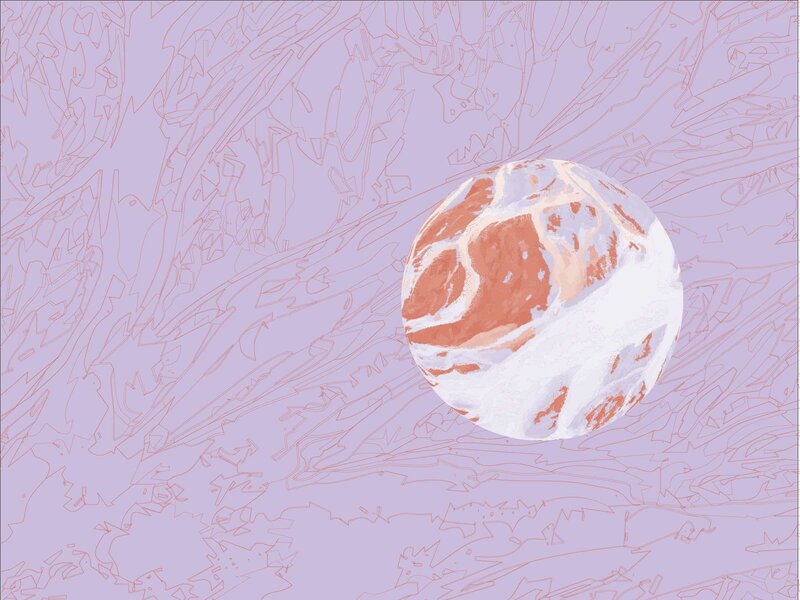
Design X Other Species
Transdisciplinary Practices towards More-than-human Futures
ENG
Language
English
Start date
October 2025
Frequency
Full time
Fruition
On campus
Duration
2 Years
Credits
120
Course Coordination
Angela Rui
Can design facilitate the transformations necessary for humans and non-humans to collectively address the environmental challenges crucial to the survival of both?
It is well recognised that human societies must protect the environment to safeguard themselves. Simultaneously, their active involvement is more vital than ever in consciously enabling the environment to flourish. This participation helps maintain ecosystem balance and enhances biodiversity and environmental sustainability, ensuring long-term development. In this context, it is essential to conceive and create in support of regenerative design by integrating ecological, technological, and social factors, along with their interrelations, as fundamental components of the process.
Our Master’s Degree in Design X Other Species responds to this need by adopting transdisciplinary design as a cultural and ecological practice aimed at fostering conditions of coexistence for, with, and by other living species.
By introducing new perspectives on how we perceive the world, students are encouraged to identify shared paradigms, objectives, and values among the diverse species inhabiting and sharing the same environment. Through sustainable design, they contribute to transforming both urban and natural environments into opportunities for ecological innovation and interspecies coexistence. This approach aligns with the vision of DesignXCommons, which promotes sustainable design as the integration and regeneration of shared resources and the communities involved in these processes.
Through participatory design methodologies involving collaboration with experts from fields such as ecology, ethology, environmental humanities, and sociology, the programme fosters an innovative dialogue that considers other species not as subjects of study but as equal participants in design and research processes.
Students learn to develop ethical design practices that account for complex ecological interactions, the rights of other living beings, and the consequences of their interventions on natural systems. This reflective design approach combines scientific, ethical, aesthetic, and design perspectives in a profoundly integrated manner.
Participants engage with real-world contexts, gaining the opportunity to design, prototype, and test projects, products, and devices that support multispecies coexistence. Examples include integrated living spaces for humans and non-humans, regenerative projects aimed at biodiversity enhancement, and products designed to aid the repopulation of endangered species while maintaining ecosystem balance.
Upon completion of the programme, participants will be prepared to work in research and development (R&D) centres for institutions and companies or pursue academic research opportunities, engaging at all scales of design. They may also embark on individual artistic careers aimed at cultivating a shared culture of planetary coexistence.
New professional roles will emerge, such as Ecosystem Service Designer and Ecosystem Product Designer—specialists capable of developing innovative solutions for urban biodiversity and natural ecosystems. These experts will contribute responsibly to the co-design of desirable and sustainable futures. Graduates will also have the opportunity to continue their studies through doctoral programmes at Italian and international universities.
Issued Degree:
Diploma Accademico di Secondo Livello (DASL), corresponding to a Master of Arts Degree (MA) – EQF7 Level (European Qualification Framework).
Credits:
The course awards 120 CFA (Academic Formative Credits), corresponding to 120 ECTS (European Credit Transfer and Accumulation System).
Faculty
What people say

The world could be otherwise: making by making strange
"The world has become so flattened by routine that we no longer fully see the objects around us; we merely recognize them."
The workshop took place at Rifugio Amprimo (Val di Susa- Italy) and has been inspired by the statement of Russian theorist Viktor Shklovsky.
